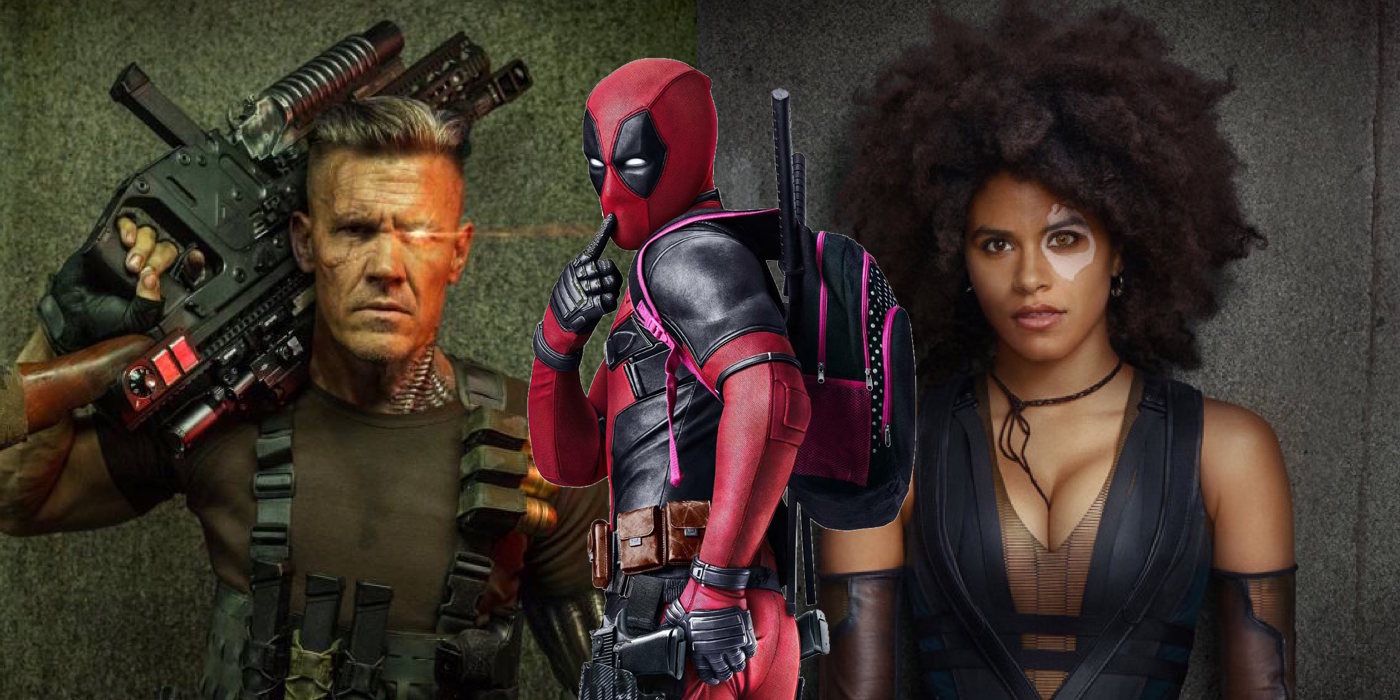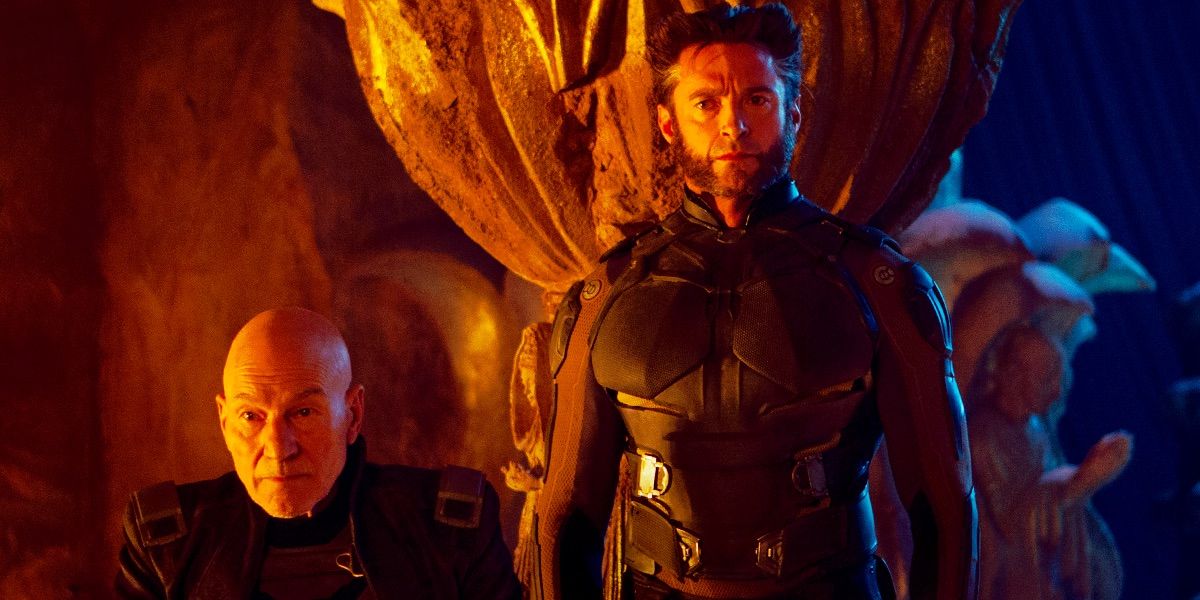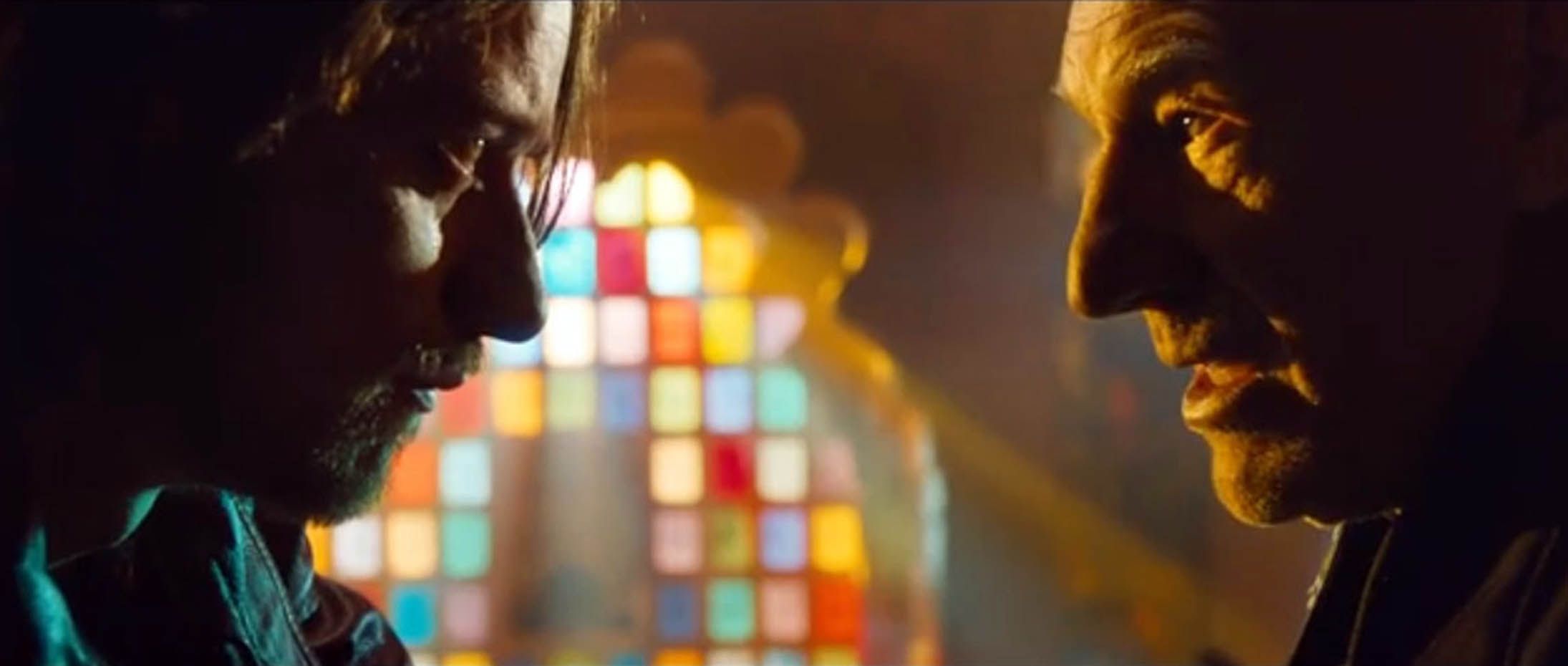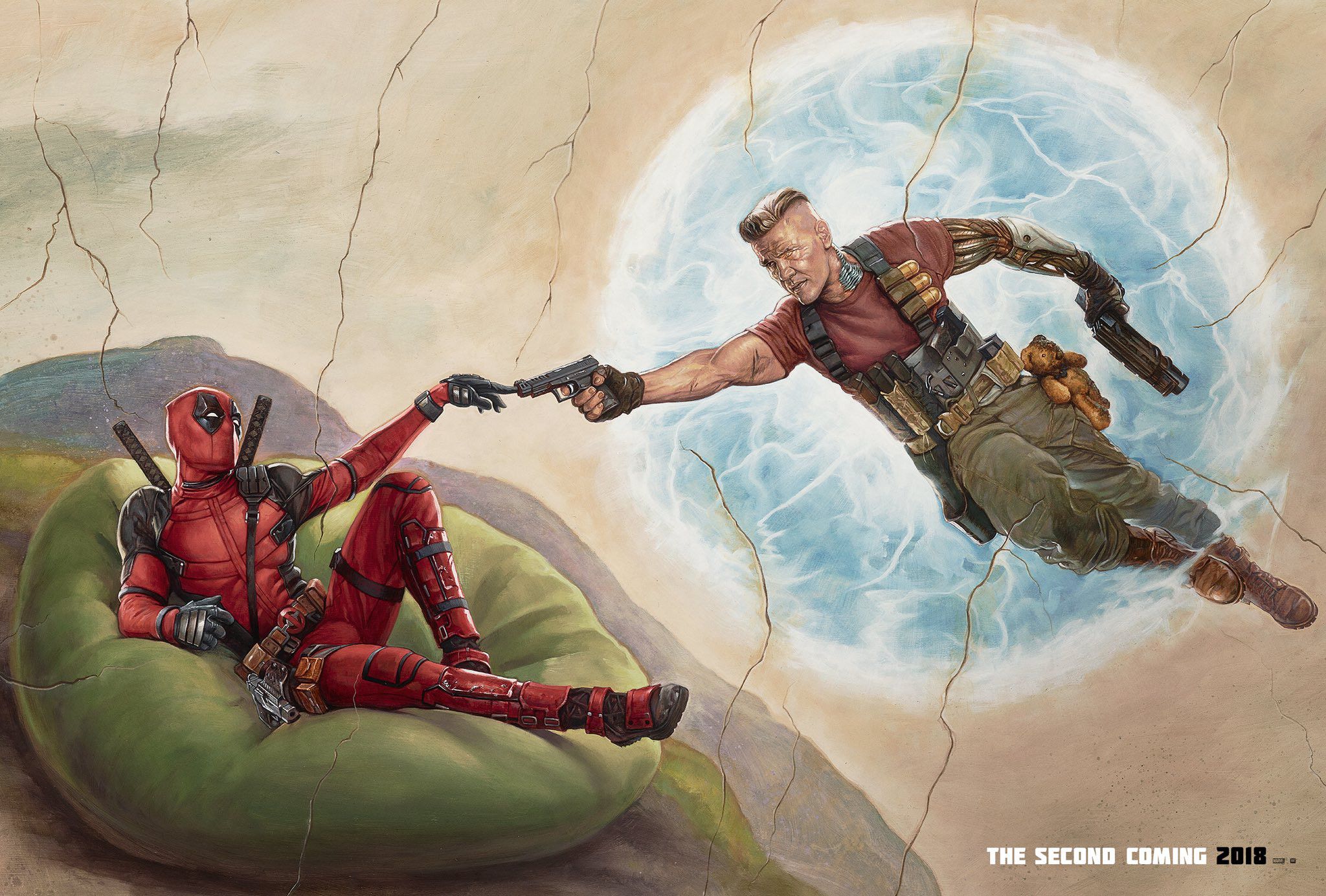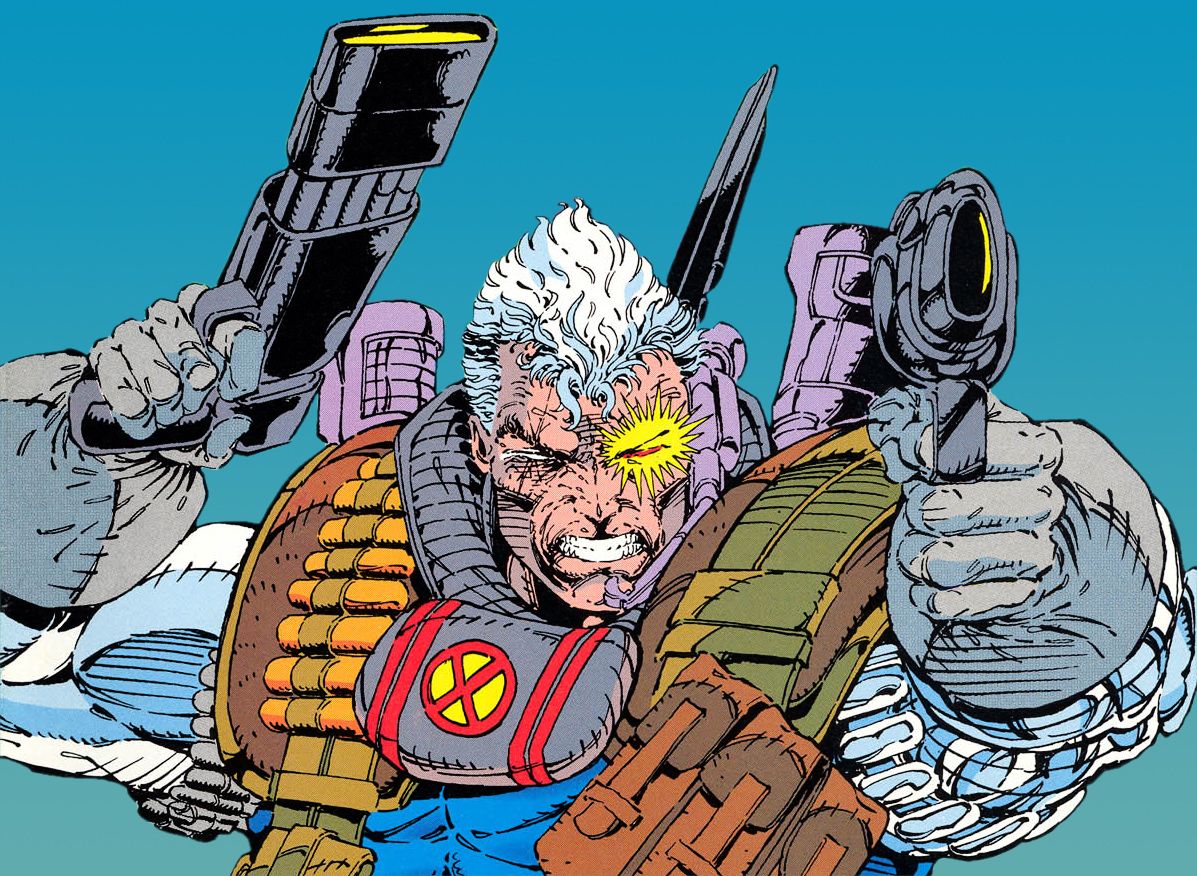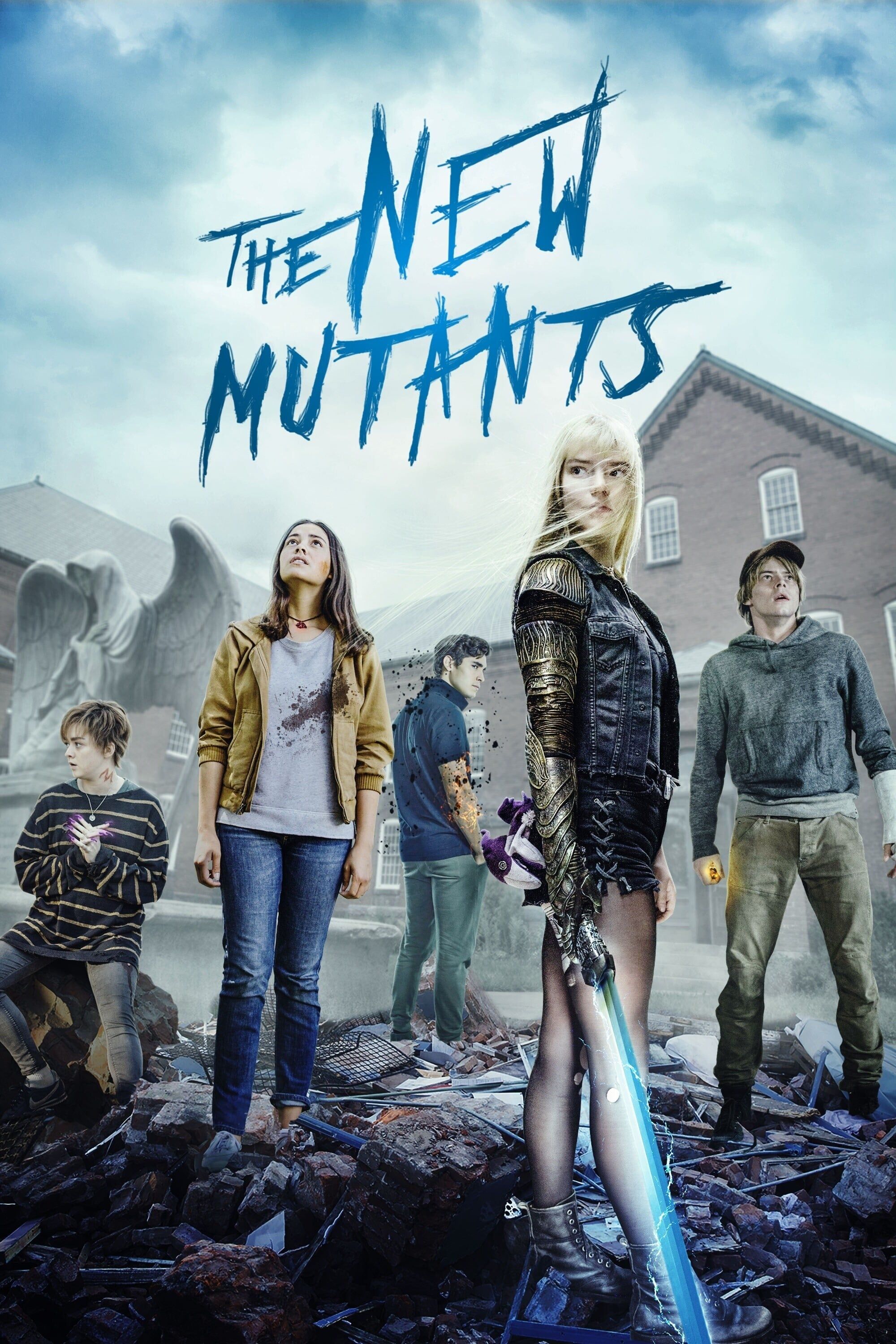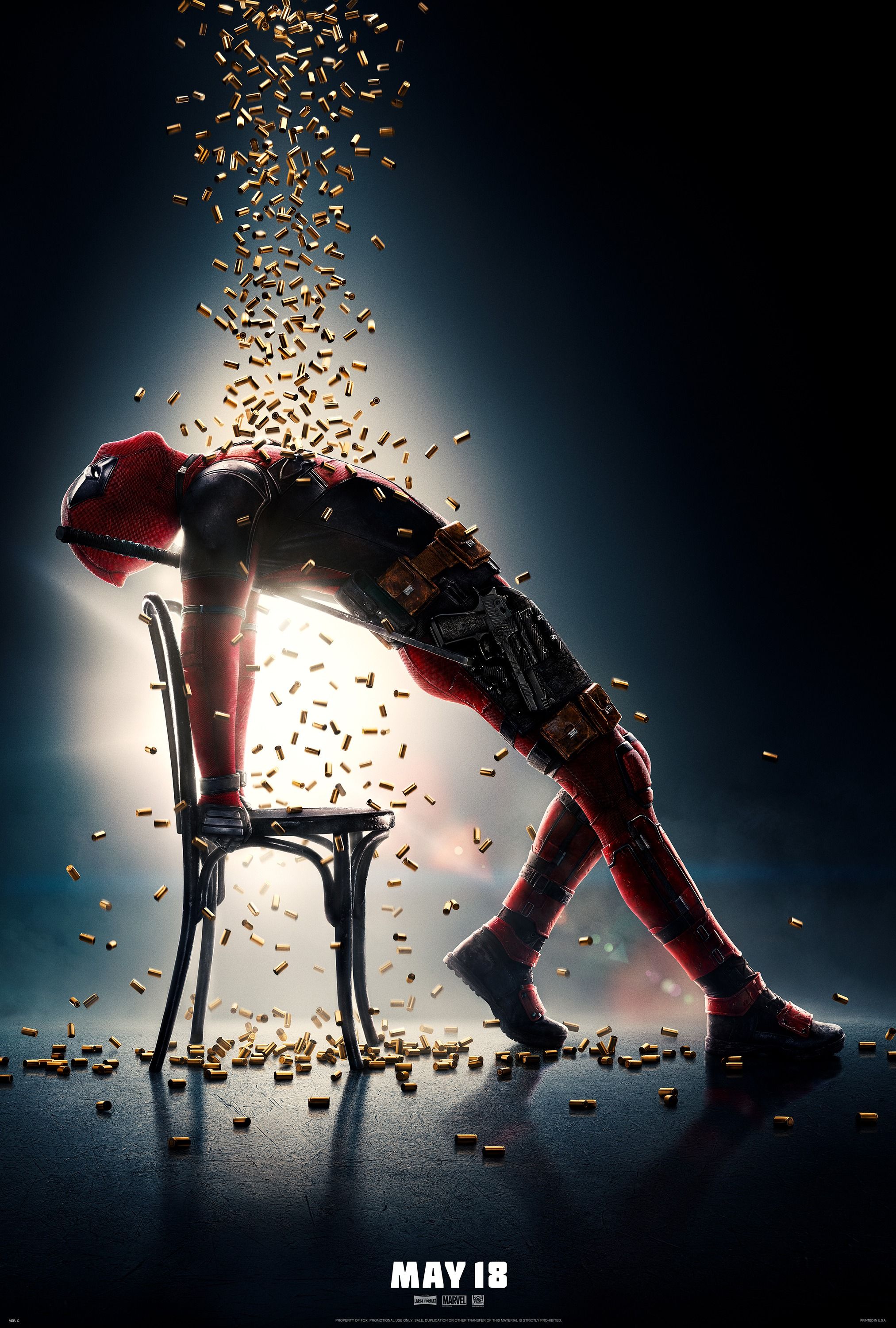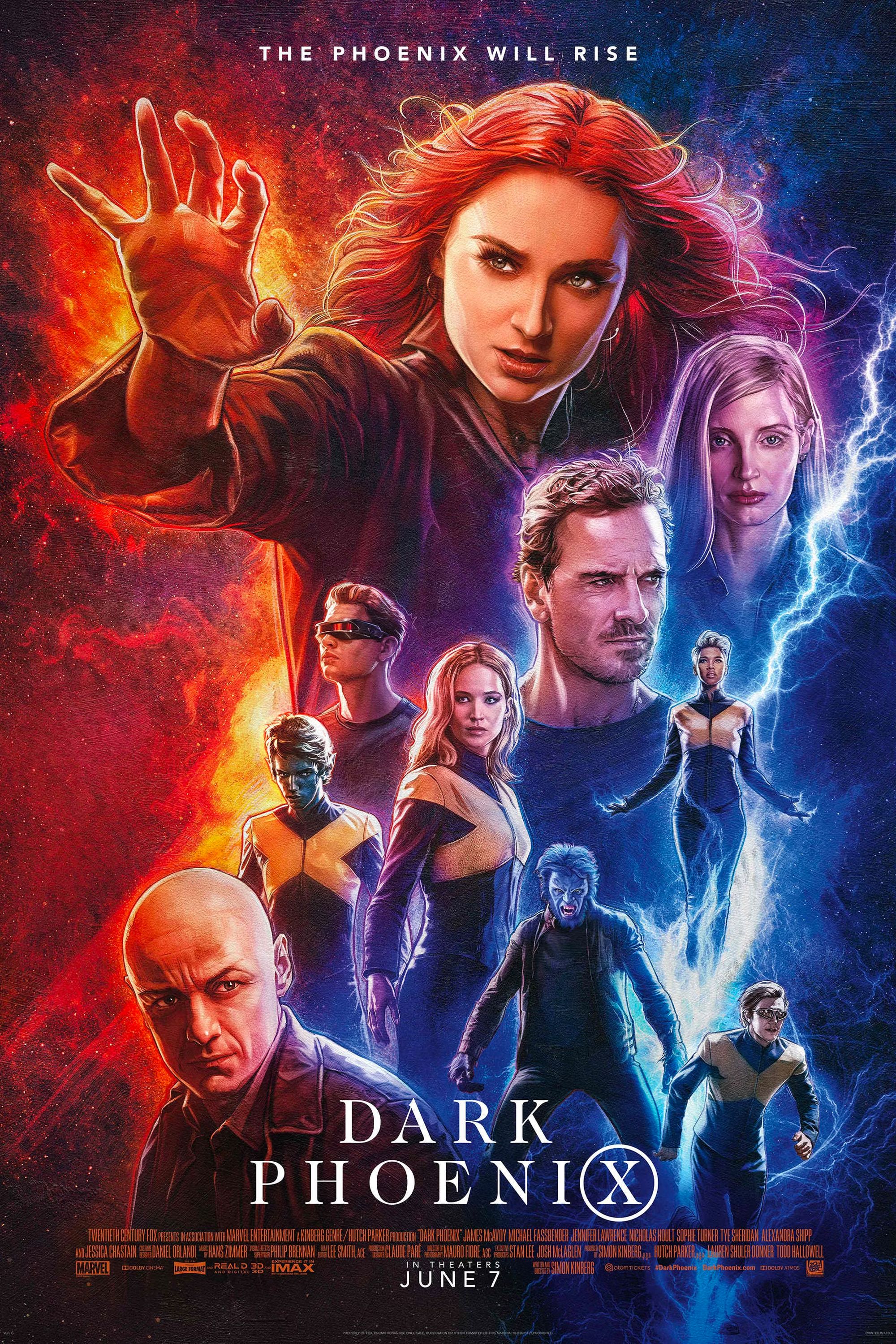When Fox launched the X-Men franchise in 2000, they had no idea just how successful and long-lived the movie series would become. Now, the X-Men universe is 18 years old and has launched a range of spinoffs, including the Wolverine solo movies and, of course, Deadpool.Unfortunately, along the way the X-Men movies have justifiably earned a reputation for having some of the most awkward, convoluted continuity in cinematic history. 2014's X-Men: Days of Future Past was intended as a fix, but sadly didn't really fulfil that goal. Ironically though, Fox's ongoing spinoffs may resolve the issue. The solution to the X-Men franchise's continuity may actually lie with Deadpool 2. With such a convoluted and repeatedly retconned timeline, maybe the best solution is simply to hand-wave continuity away in the same way that Deadpool joked about there not being room in the budget to include more than two X-Men.This Page: Why X-Men Continuity is a Mess
The Continuity Is Still A Mess
X-Men Days of Future Past was a unique film. Inspired by one of the most beloved stories in X-Men history, it was essentially a full reboot of the X-Men timeline. The film's narrative was split into two eras. The first was a near-future dystopia, one that apparently continued on from the first X-Men trilogy. In this world, mutant-hunting Sentinels had turned the Earth into a wasteland. The X-Men of this time-period hatched a desperate plan to save the world, by traveling back in time to prevent a trigger incident from ever happening.
That trigger incident was a prominent assassination in 1973. Averting the assassination of Bolivar Trask reset the timeline, essentially wiping previous X-Men films out of continuity. The first X-Men trilogy, and the critically panned X-Men Origins: Wolverine, were effectively erased. Fox could essentially ignore any continuity errors between the newer X-Men films and these older ones, simply noting that they were no longer canon.
RELATED: What New Mutants' Present-Day Setting Means For the X-Men Timeline
Unfortunately, it didn't work. Dive into the details of the X-Men timeline, and it's still a mess. Key events set before 1973 still happened in both timelines, so why didn't Xavier recognize Mystique in the first X-Men trilogy? More to the point, where were the Sentinels during those first three films? According to Days of Future Past, the first generation of Sentinels were created as far back as 1973.
Days of Future Past was a smart idea, but the continuity errors were too deeply ingrained in the franchise's history. There was no way it could resolve all these issues.
Fox Just Isn't Invested In Continuity
Where Marvel Studios try to build a cohesive shared universe, Fox are interested in a rather more flexible approach. They try to give their directors as much freedom as possible, and don't shackle them with continuity. The best example of this approach is with Logan, a film that contained nods to both main X-Men timelines. Meanwhile, the X-Men live-action TV shows seem to be part of their own timelines too.
So why has Fox taken this approach? The answer becomes obvious when you compare the X-Men films to the Marvel Cinematic Universe. In the early days of Marvel Studios, continuity was overseen by the Marvel Creative Committee, who plotted out an overarching narrative. Conflict between directors and the MCC was a regular occurrence, with Joss Whedon publicly admitting he was "broken" by the production of Avengers: Age of Ultron. The rift between visionary Kevin Feige and the MCC ultimately grew so wide that Disney had to force a corporate restructure in 2015.
RELATED: X-Men Timeline: When Does The Gifted Take Place?
Fox's approach, in contrast, avoids these specific behind-the-scenes issues. It gives the directors and showrunners much more creative freedom. Garth Nix can use the character of Blink in The Gifted, for example, without needing to worry about setting up the Days of Future Past timeline. James Mangold can create a haunting dystopian future in Logan, without worrying too much about how it will shape the next three films.
Still, for all Fox isn't overly concerned about continuity, the fact remains that the fans are. That means the X-Men franchise has a very awkward reputation indeed.
How Deadpool 2 Could Make Sense Of It All
Ironically, the solution to Fox's X-Men problem isn't found in one of the tentpole X-Men movies. Instead, it's found in one of this year's spinoffs; Deadpool 2. A sequel to the hugely successful Deadpool, this film will introduce fans to Josh Brolin's Cable. Cable is a comic book character whose origin is frankly far too convoluted even for the X-Men films, largely because Marvel hadn't decided on his backstory when they created him. They made it up as they went along, changing plans frequently.
The important thing about Cable is simply that he is a time-traveler. In the comics, Nathan Summers was actually born the son of Cyclops and a clone of Jean Grey. He was sent to a distant future timeline as a baby in order to save his life, and grew into a time-traveling revolutionary. He and Deadpool are firm friends, but Cable's knowledge of the future has often caused a lot of conflict between the two characters.
RELATED: Deadpool 2 Set Videos Show Cable In Action
By all accounts, Deadpool 2 will be fairly comic-book-accurate. Although the film is unlikely to explore Cable's origins, he'll still be presented as a time-traveler. And that adds a real layer of intrigue to the film. Why has Cable traveled to the past to meet Deadpool? What is his goal in this time-zone? So far, Fox has carefully avoided dropping any major hints. The one thing fans can be confident of is that Cable is trying to change the future. And that returns the X-Men franchise to heady concepts of temporal mechanics and timestreams.
The X-Men Continuity Needs to Get Meta
The crucial difference between Days of Future Past and Deadpool 2 is simply that the first film played this straight. It tried to play out serious science-fiction concepts in the X-Men films, and in so doing to restore the franchise to a semblance of order. In contrast, Deadpool 2 is likely to tackle the issue in exactly the same way it handles everything else; with a wink, a laugh, and a whole lot of bloodshed.
At this stage, that's just what Fox's X-Men continuity needs. The Deadpool movies are self-aware in a way the other films simply cannot be. As such, they can acknowledge the contradictory timeline, gently poke fun at it, and then hand-wave it away. Frankly, it's even possible that Cable's actions could splinter the timeline completely, establishing the multiverse that the franchise has been exploring for 18 years.
RELATED: Ryan Reynolds Promises an Epic Cable' in Deadpool 2
The reality is that the X-Men franchise is in a healthy state regardless of the continuity problems. Fox has successfully diversified the genre in a way no other studio has achieved, launching raunchy comedies, bloody and brutal Westerns, and even an upcoming horror franchise. For all fans may fume over the continuity, it hasn't really harmed the franchise's box office performance at all.
But that doesn't mean Deadpool 2 isn't the perfect opportunity to address this issue. The character is gloriously self-aware, and his habit of breaking the Fourth Wall means Deadpool is almost guaranteed to make a comment about timelines. Whether the film addresses the issue as a major plot point, or simply as an in-joke for the fans, it's still the best chance Fox will get for fixing their continuity problems.
MORE: Why The X-Men Movies' Poor Continuity Is A Good Thing

